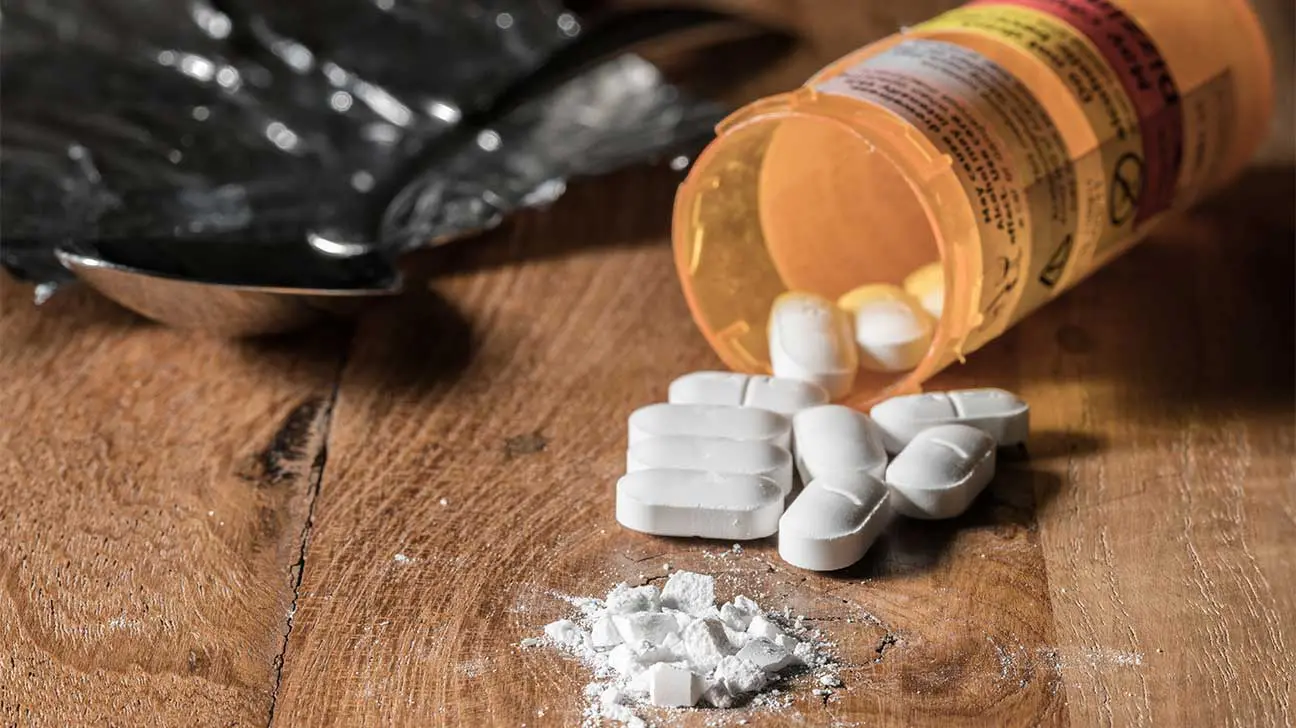
While there are many opiate-based prescription medications available in the United States, Americans consume about 99 percent of the world’s supply of hydrocodone.
Usually, hydrocodone is consumed orally by patients who have been prescribed the drug by their doctor for pain. Those who become addicted to it may switch to another delivery method, which is snorting.
Why Do People Snort Hydrocodone?
What happens when you snort hydrocodone is a more intense high than that which would occur if the medication was taken orally.
That is because the medication hits the bloodstream at a faster rate than it would if it were swallowed.
Those who are addicted to hydrocodone and want to snort it will grind each pill between a set of spoons until it becomes a powder.
Then, they inhale it through their nostrils in the same way that they would any other powdered drugs of abuse, such as cocaine.
Dangers Of Snorting Hydrocodone
The dangers of snorting hydrocodone are often not realized by a person who has an addiction to the medication until abuse poses a health risk.
At first, hydrocodone insufflation only irritates the lining of the nostrils. A person snorting hydrocodone may start sneezing and suffering from a runny nose.
The delicate tissue in the nose will soon wear away from the foreign substance, which will lead to damage of the tiny blood vessels in this region.
This usually results in frequent nosebleeds and open sores in the nasal passages. Next, the throat will become irritated and raw.
In fact, many doctors can tell that a person has been snorting hydrocodone because it causes their voice to become hoarse.
Hydrocodone insufflation damages the lungs the most because it can lead to a condition called hypersensitivity pneumonitis. This condition develops from the body’s immune system responding to particles of hydrocodone becoming embedded in the lung tissue.
It is dangerous because it can cause hypoxia, chronic inflammation in the lungs, trouble breathing, chest pain, and respiratory failure.
How To Find Treatment For Prescription Opioid Abuse
Besides physical damage to the body, one serious risk when you snort hydrocodone is that it increases a person’s chances of becoming addicted to the substance.
That is because the high that occurs from inhaling the medication is much stronger. Many people who begin snorting this medication find they start craving it more intensely than they did when they only took it orally.
Friends and family members may notice the addicted individual starts spending more time trying to find the drug than they do on their day-to-day responsibilities.
Lying, stealing hydrocodone and money from others, and frequent visits to different doctors are all signs of prescription opioid abuse, too.
Luckily, this type of addiction can be treated at a drug rehab facility that offers individual and group therapy, inpatient detoxification, and aftercare programs.
In order to find the best treatment center to suit a person’s individual needs, it helps to contact one of our specialists for a list of local rehab facilities.
Anyone with a loved one who needs help with a hydrocodone addiction should call us for help finding the best addiction treatment facility to suit their needs.
Addiction Resource aims to provide only the most current, accurate information in regards to addiction and addiction treatment, which means we only reference the most credible sources available.
These include peer-reviewed journals, government entities and academic institutions, and leaders in addiction healthcare and advocacy. Learn more about how we safeguard our content by viewing our editorial policy.
- National Institutes of Health — Hydrocodone snorting leading to hypersensitivity pneumonitis
https://www.ncbi.nlm.nih.gov/pmc/articles/PMC4900771/


